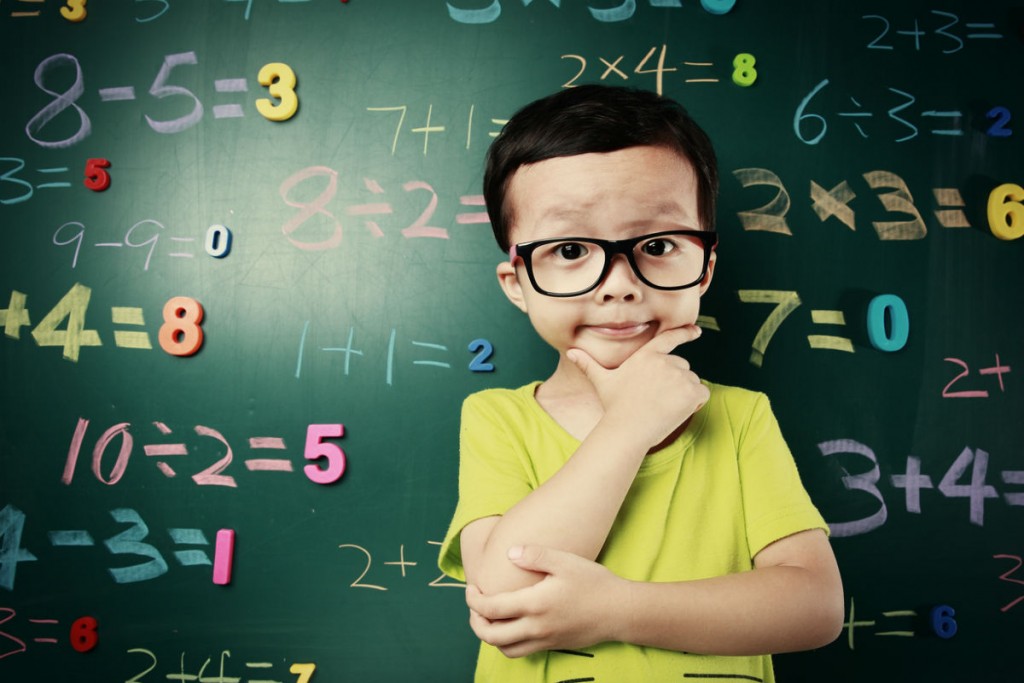The Abacus, a timeless tool for arithmetic calculations, has been an essential part of education in various cultures for centuries. It not only helps with mathematical operations but also enhances cognitive skills such as memory, concentration, and problem-solving abilities. One common question parents and educators often ask is: "What is the best age to start learning the abacus?"
Ideal Age to Begin Abacus Training
The general consensus among experts is that children can start learning the abacus as early as age 5. Here’s why:
- Cognitive Development: By age 5, most children have developed basic counting skills and an understanding of numbers, which are fundamental for abacus training.
- Brain Plasticity: Younger children have more flexible and adaptive brains, making it easier for them to grasp new concepts and methods.
- Enhanced Focus: Starting early can help children develop better concentration and focus, which are essential skills for academic success.
- Confidence Building: Early success in mastering the abacus can boost a child’s confidence and encourage a positive attitude towards learning.
The Learning Curve
While 5 years old is an excellent starting point, it’s important to note that children develop at their own pace. Some may show readiness earlier, while others might benefit from starting a bit later. The key is to ensure that the learning process is fun and engaging rather than stressful.

A Real Story: Theju's Journey with the Abacus
Theju's mother, Tara, always believed in the importance of a strong mathematical foundation. When Theju was 5, Tara decided to enrol him in an abacus class. At first, was more interested in playing with the colourful beads than in learning how to use them. However, the abacus instructor was patient and knew how to make each session enjoyable.
Within a few weeks, Theju started showing interest in solving simple arithmetic problems. The abacus became her favourite tool, and she began to enjoy the challenge of moving the beads to find the correct answers. Theju's progress was remarkable. Not only did he become proficient in mental arithmetic, but his overall confidence in math also soared.
By the time Theju entered primary school, he was ahead of his peers in math. His teachers noticed his quick calculation skills and strong grasp of mathematical concepts. But beyond math, Tara observed that Theju had developed better concentration, problem-solving skills, and a greater enthusiasm for learning in general.

Benefits of Early Abacus Learning
Theju’s story highlights several benefits of starting abacus training at an early age:
- Enhanced Arithmetic Skills: Children develop strong mental arithmetic abilities.
- Improved Concentration: The focus required for abacus calculations helps improve overall concentration.
- Better Memory: Regular practice with the abacus boosts memory retention.
- Increased Confidence: Mastering a challenging tool like the abacus can boost a child's confidence in their abilities.
Conclusion
Starting abacus training at an early age, around 4 to 5 years old, can provide children with numerous cognitive and academic advantages. As illustrated by Emily's journey, the abacus